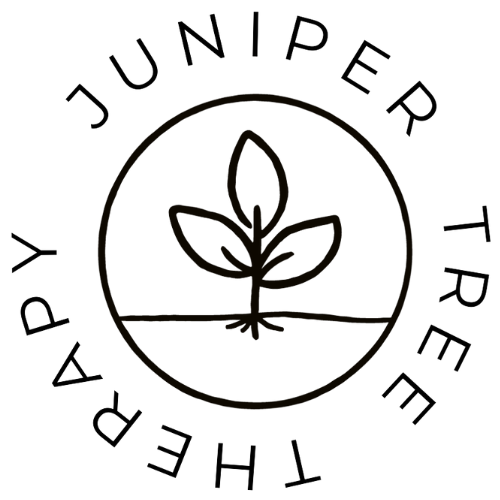Occupational Therapy
“The philosophy of Occupational Therapy (OT) is that a relationship exists between balanced,
meaningful, and varied use of time, and a person’s health and well-being.”
Adolph Meyer
What is it?
“Occupations” are meaningful, practical, and purposeful activities that we participate in as part of our daily lives. We have occupations as children and as adults.
The Royal College of Occupational Therapists (2011) have framed self-care, leisure, and productivity as the broad categories of occupation;
Learning or Working – school/college work, household jobs, paid employment, voluntary work, writing, sitting in a classroom or assembly.
Playing or Having Fun – interaction with others, imaginary play, movement play, visits to the park, riding a bike, board games, reading, writing, sports, using technology.
Self-Care – dressing, washing, feeding yourself, grooming, resting/sleep, emotional resilience.


Who is it for?
Occupational Therapy is for anyone who is experiencing difficulties engaging in occupations within their life that are important to them. We work with children who have barriers to them accessing their learning, playing and self-care occupations. It is important us as to Occupational Therapists to understand everyone’s valued occupations. Our mantra is “Helping people to live, not exist” (The Royal College of Occupational Therapists).
There could be several reasons why a person might have difficulties or barriers to engaging in their meaningful occupations, including physical, sensory, emotional, or cognitive difficulties. As Occupational Therapists, we work with the child and their family to help to remediate or compensate for these difficulties.
What does it look like?
Occupational Therapy might look different for each individual person. It might be adapting the way that occupations are done, practicing learning new skills, engaging in a motor skills or visual perceptual programme, auditory processing programme, or using other specific frameworks such as Sensory Integration Therapy or Sensory Attachment Intervention. The heart of our assessments and interventions is fun and motivation! As much as possible, we don’t want our assessments or interventions to feel like ‘therapy’ for the children we work with.

Useful Links
Please note these are external links and Juniper Tree Therapy are not responsible for their content. These are websites we think may be helpful for Parents or Professionals. We would be happy to provide further guidance or advice if you wish to contact us for this.
Useful Sensory Integration Informed Websites
www.spdstar.org | STAR Institute
www.sensoryintegration.org.uk | Sensory Integration Network
Useful Developmental Trauma & Attachment Websites
www.stephenporges.com | Dr. Stephen Porges
familyrelationsinstitute.org | Dr. Patricia Crittenden
www.baaf.org.uk | British Association of Adoption and Fostering
www.pac-uk.org | Post Adoption Centre
